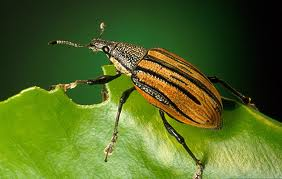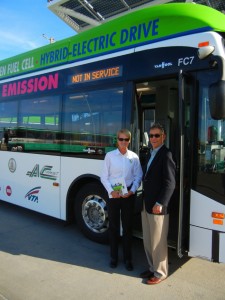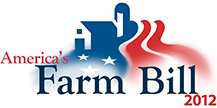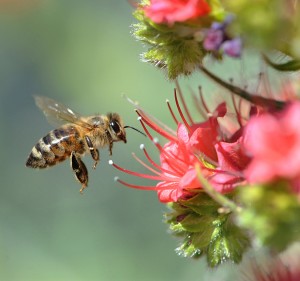The California State Board of Food and Agriculture will discuss policies for
agricultural water transfers at its regularly scheduled meeting on October 26th
in Sacramento. The meeting will be held from 10:00 a.m. to 2:30 p.m. at the
California Department of Food and Agriculture, 1220 ‘N’ Street – Main
Auditorium, Sacramento, CA 95814.
“As policy discussions continue about California’s water future we cannot
forget about the need to facilitate water transfers for agricultural purposes,”
said CDFA Secretary Karen Ross. “An adequate supply of affordable water for
agriculture that accommodates reasonable urban needs and improves environmental
quality is a goal we all strive for.”
Scheduled speakers include: Deputy Regional Director Pablo Arroyave, U.S. Bureau of Reclamation, Mid-Pacific Region; Director Mark Cowin, California Department of Water Resources; Dante John Nomellino, Sr., Central Delta Water Agency; Ed Smith, Palo Verde Irrigation District; Roger Patterson, Metropolitan Water District of Southern California;
Lewis Bair, Reclamation District 108; Spreck Rosekrans, Environmental Defense Fund; and Carol Perkins, Butte Environmental Council. Additional invited speakers include representatives from water districts and environmental organizations.
“Every year California’s farmers and ranchers struggle with a process to
transfer water within this state,” said Craig McNamara, president of the
California State Board of Food and Agriculture. “By bringing these various
stakeholders together, we are highlighting this important topic as well as
furthering public discussion on the issue.”
The California State Board of Food and Agriculture advises the governor and
the CDFA secretary on agricultural issues and consumer needs. The state board
conducts forums that bring together local, state and federal government
officials, agricultural representative and citizens to discuss current issues of
concern to California agriculture.
Follow the board on Twitter at: www.twitter.com/Cafood_agboard







